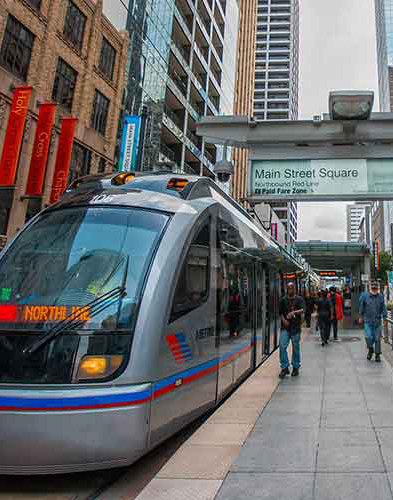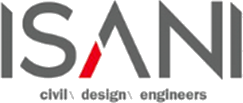TAG HOUSTON
Legislative Priorities
85th Session
TAG embraces its core mission with advocacy for all current and new funding policies that can sustainably fund infrastructure now and in the future. While our main focus has been State funding, we are working to enhance our local and federal agendas as well. Below is our 2018 Texas State legislative agenda which includes all of our top legislative priorities and goals moving forward.

2018 Legislative Agenda
The Houston region is a rapidly expanding, internationally competitive market of 6.3 million, projected to reach over 11 million by 2040. We are already experiencing the impact of a region taking on more than its current transportation system can handle. Dramatic increases in daily commute times affect business and our quality of life. Better multi-modal solutions are needed now.
Legislative Goal
TAG advocates for full funding of all Texas’ transportation needs, but we understand there are many political and fiscal constraints. Therefore, TAG’s goal is to offer our leaders a menu of funding and policy options to provide a foundation for sustainable and long-term solutions to our state and region’s transportation crisis. Propositions 1 and 7 have provided our state with a great start towards enhancing the connectivity of our roads, highways and bridges. However, we must also provide funding for modes beyond roads — our state and region must be leaders in multi-modal mobility if we are to remain nationally and globally competitive.
Funding opportunities
Motor Fuels Tax Indexing
The tax is included in the price of fuel you buy at the pump. The state motor fuels tax is a fixed rate that was last increased in 1991. Indexing the gas and diesel tax rate to the Highway Cost Index or the Consumer Price Index (CPI) allows the tax rate to keep pace with the rate of inflation. Funding potential for the next 4 year period depending on index: about $125–250 million annually more for transportation and $40–85 million annually more for education.
Local Option transportation funding
Even with the passage of Propositions 1 and 7 increasing transportation funding, the percentage of the state budget for transportation has decreased from 33% in 1960 to 11% currently. Support the passage of a permanent Local Option Transportation Funding mechanism subject to passage by a majority vote within the County where it would reside. For example, a $5 local option vehicle registration fee in Houston would raise $106 million over the next 4 year period.
STATEWIDE VEHICLE REGISTRATION FEE INCREASE
The vehicle registration fee in Texas was last increased in 1985 and has not been modified to reflect the funding demands Texas now faces. The average fee is $50; a fee less than what residents in more than 40 other states are paying.
ELECTRIC & ALTERNATIVE FUEL VEHICLE REGISTRATION FEE
Electric and other alternative fuel vehicles (AFVs), that are not taxed under the state motor fuel tax laws, that utilize our road system should be required to pay an additional annual registration fee.
PORT & RAIL TRANSPORTATION FUNDING
Support increased transportation funding at ports and for passenger/freight rail to improve the movement of goods and people across the state and provide improved economic development in the state. Support the creation of a Permanent Funding Stream for the Rail Relocation & Improvement Fund.
Policy Priorities
OPPOSE APPRAISAL OR REVENUE CAPS
Consider the negative impacts that unfunded mandates, revenue caps and other property tax reform measures have on cities and counties and their ability to fund needed services including road and drainage improvements. Local decisions should be made by local officials.
ENCOURAGE IDENTIFICATION OF FUTURE TRANSPORTATION FUNDING GAPS
Support efforts by the legislature, TxDOT and others to assess future funding gaps and their economic impact for all transportation modes. Consider updating the 2030 Committee Report on transportation funding needs of the state completed in 2009.
ALTERNATIVE FUNDING MECHANISMS
In an era of rapid growth and funding constraints, continue to enable TxDOT, local RMAs/MPOs, rail districts, and other transportation agencies with the use of alternative funding mechanisms including tolling, public private partnerships, pass-thru financing, managed lanes etc. in order to deliver needed projects in a more timely manner.
VMT PILOT PROGRAMS
Vehicle miles traveled (VMT) fees are distance-based fees levied on a vehicle user for use of a roadway system. As opposed to tolls, which are facility specific and not necessarily levied strictly on a per-mile basis, these fees are based on the distance driven on a defined network of roadways and can ultimately replace the motor fuels tax as an equitable method to fund transportation.
MULTIMODAL CORRIDOR PLANNING
Encourage TxDOT to plan and develop multimodal corridors through coordination with appropriate local and regional agencies.
CONTINUATION OF EMINENT DOMAIN AUTHORITY
and related tools to allow planning and development of new and/or expanded transportation corridors including high speed rail, commuter rail, freight rail and highways.
TEXAS CLEAR LANES
An initiative to improve congestion on the state’s most congested urban highway sections.





